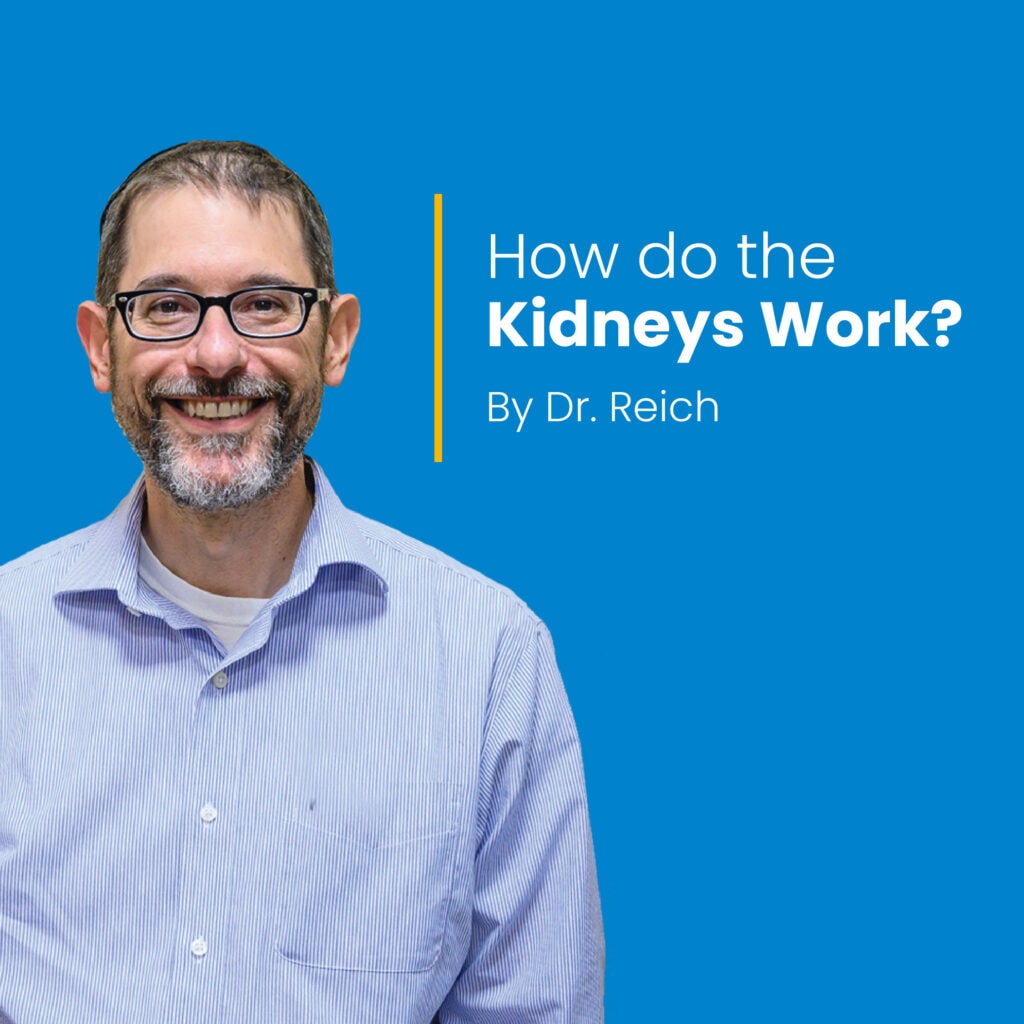Most people know that the primary function of the kidneys is to eliminate waste products from the body by flushing them out with urine. However, did you know that there are at least 6 other fabulous functions you should thank your kidneys for?
James N. Reich, MD is one of our nephrologist at Florida Kidney Physicians who loves to educate patients. Here is a brief overview of the 7 primary functions of the kidneys to help patients become more familiar with how these amazing organs work.
A wet bed: the 7 functions of the kidneys
An easy way to memorize the 7 different roles that the kidneys play in human health, medical students all around the world often use a simple and funny mnemonic formula: A WET BED.
A - controlling ACID-base balance
W - controlling WATER balance
E - maintaining ELECTROLYTE balance
T - removing TOXINS and waste products from the body
B - controlling BLOOD PRESSURE
E - producing the hormone ERYTHROPOIETIN
D - activating vitamin D
Let’s take a closer look at each of these functions!
Controlling acid-base balance
The acids and bases in the human body are always in a state of delicate equilibrium reflected by a parameter known as pH. The normal pH of the blood is 7.35 to 7.45. To maintain this healthy range, the kidneys excrete acids and bases when there’s an excess of them, or retain these compounds when the body is lacking them.
Controlling water balance
The kidneys are one of the body’s main ways to maintain a stable water balance. By regulating the volume of urine they produce, the kidneys adapt to one’s hydration level. When you drink a lot, the kidneys produce more urine, and the opposite happens when you are dehydrated.
Maintaining electrolyte balance
The kidneys filter some electrolytes from the blood, return part of them back into circulation, and excrete excess electrolytes into the urine. The levels of electrolytes like sodium and phosphate are largely dependent on the health of one’s kidneys.
Removing toxins and waste products from the body
The kidneys filter out water-soluble waste products and toxins, flushing them out of the body with urine. That’s precisely why kidney failure quickly leads to severe intoxication, as the body’s waste products build up and impair its functions.
Controlling blood pressure
The kidneys produce an enzyme called renin. Renin converts the angiotensinogen produced in the liver into angiotensin I, which is later converted in the lungs into angiotensin II. Angiotensin II constricts the blood vessels and increases blood pressure as a result. On the other hand, when one’s blood pressure is too high, the kidneys produce more urine to reduce the volume of liquid circulating in the body and somewhat compensate the high blood pressure.
Producing the hormone erythropoietin
The kidneys produce a hormone called erythropoietin. The main function of this hormone is to help the body create more red blood cells (erythrocytes), which are essential for the transport of oxygen throughout all the tissues and organs.
Activating vitamin D
The kidneys transform calcifediol into calcitriol, the active form of vitamin D. Calcitriol circulates in the blood and plays a vital role in regulating calcium and phosphate balance in the body, which is essential for healthy bone growth.
Final thoughts
As you see, the kidneys are a fantastic pair of organs, and their role in your health goes way beyond eliminating waste products. If you notice an impairment in any of the functions mentioned above in yourself or anyone you love - don’t hesitate, reach out to a kidney specialist and discuss the matter in detail!

